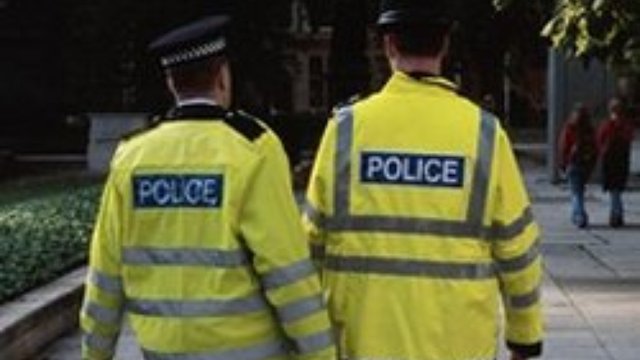West Mids Police Promise To Monitor Hate Crime After EU Leave Vote
28 June 2016, 19:21 | Updated: 28 June 2016, 19:35

West Midlands Police have promised to monitor hate crime after reports of a rise in cases after the vote to leave the EU.
West Midlands Police Chief Constable Dave Thompson has promised “strength and friendship” for minority groups after the referendum result, and a zero tolerance stance on hate crime.
West Midlands Police told Capital: "National hate crime reporting portal True Vision registered an increase in allegations since Friday’s ‘Brexit’ decision but that’s not been mirrored across the West Midlands where levels of recorded hate crime have remained stable."
But Birmingham MP Jack Dromey says people have come to him after being victims of abuse in the last few days:
A Walsall Halal butcher was petrol bombed on Monday evening. West Midlands Polcie say it's too early to say if it's a hate crime but a Walsall Councillor issued a statement after the attack:
Councillor Sean Coughlan Leader of Walsall Council said: “Walsall has a long and proud history of harmony between communities and this has served us well and will continue to do so.
“Over the last few days however, I’m aware there has been a notable increase in tension and this is causing concern to us all.
“I call upon all political and religious community leaders and the residents of Walsall to use their influence to maintain our high values of understanding, unity and harmony that we all hold dear.”
West Midlands Police and Crime Commissioner David Jamieson promised to monitor hate crime cases over the next few months:
West Midlands Chief Constable Dave Thompson said: “We will prioritise local engagement with those communities who feel vulnerable…we must offer strength and friendship for those feeling vulnerable and show intolerance to hateful behaviour in our communities.
“It is no surprise people are feeling insecure. This insecurity is, I think, amplified for some through race or religion or for others who have moved to the region from elsewhere in Europe.
“In some sense this is not as a result of direct actions by people in their communities; it is set in the context of a referendum that has had a forceful debate on immigration, our relationship with Europe and national identity.
“We are the visible face of the state and our offering of service and friendship is important; it is vital we sustain the reliable and approachable style of policing that we do so well.”







